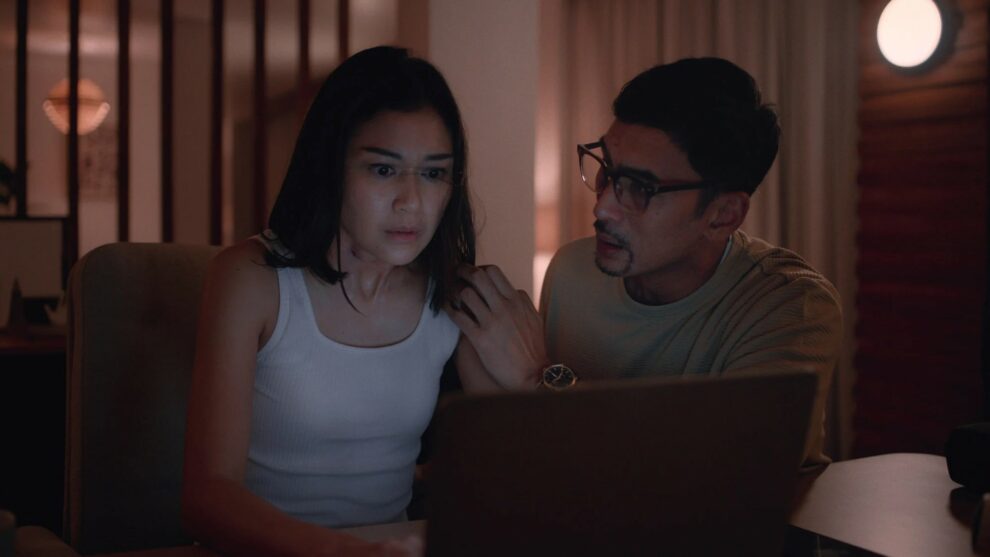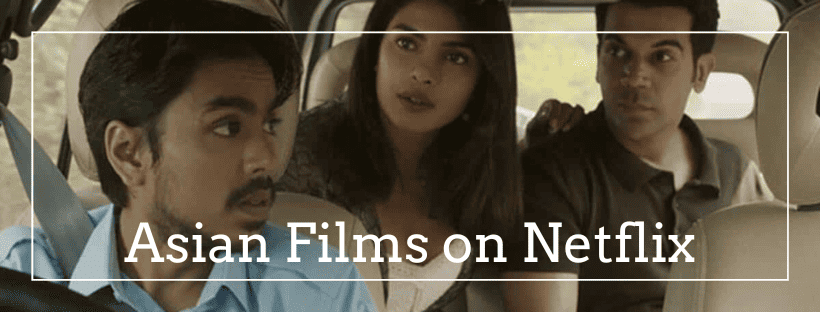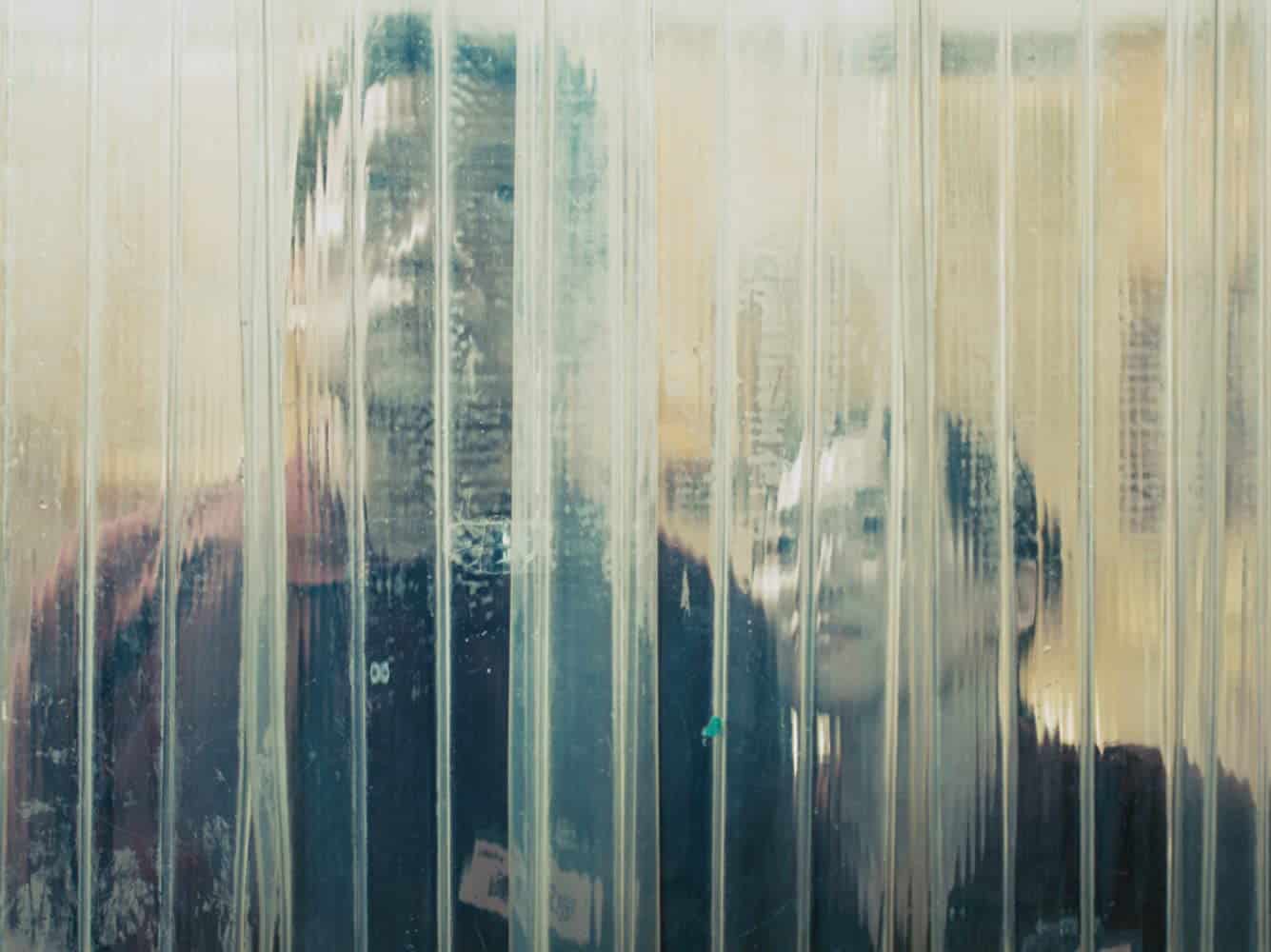The third episode in “Joko Anwar's Nightmares and Daydreams” moves in yet another direction, in a style that reminds intently of Hollywood noir and even pulp on occasion, although the rich social commentary is here once more.
Rania, a celebrated author whose “Poems and Pains” novel was largely successful, is struggling to come up with an equal one moving forward, but cannot seem to get a break. Her editor and best and only friend Adrian is pushing her to publish a sequel, but she declines, supposedly because she wants to change direction from the exploitative pop aesthetics of the original, but that is not the only reason. Actually, when she was writing that book, she would have blackouts that would find her with bruises in her body and a number of pages being written without her remembering at all. Eventually, and when her loan application falls through, she actually decides to move on with the whole thing. Sadly, things get even worse than the first time, while Rania realizes that she is actually living the life of the protagonist of her book.
The overall pulp/noir approach works quite well here, even if on occasion, it does cross into soapy territories, just as the original US novels did actually. The mystery and the twist, however, are quite well handled by Zaini, creating an atmosphere of disorientation and occasional agony, while the episode is, additionally, quite rich in commentary.
The pressure authors, and in general people and artists who work in creative fields face, is the central one, with Rania having an inner clash with doing what she wants and what her audience demands. That art that can be described as mainstream to the point of cheap seems to be the most popular and the most rewarding in financial terms is definitely another comment here, as does the role critics play in the success of every art work. That Rania's suffering to write what the crowds need eventually leads her into paths that even harm her body is probably the smartest comment here, in a rather palpable metaphor.
Lastly, the role of editors and the pressure they can exert, as much as how lonely and disconnected from the world artists can be is also commented upon. This element and the overall relationship of Rania and Adrian is a central theme here, which benefits the most by the acting of both Marissa Anita and Haydar Salishz respectively, who also exhibit a wonderful chemistry throughout. Lastly, the issue with domestic violence is also presented here, cementing the rather rich context.
Lastly, it is also worth mentioning that, through some very brief scenes, a more wholesome narrative starts to be hinted at, in connection with the previous episodes, which is also teased by the fact that the episodes do not have definite closure.
Ical Tanjung's cinematography captures the various settings nicely, with the basement in particular emitting a truly claustrophobic sense, and the sepia tones dominating once more. Dinda Amanda and Joko Anwar's editing result in a rather fast pace that does appear a bit rushed on occasion, although not to a point to truly harm the quality of “Poems and Pains”.
“Joko Anwar's Nightmares and Daydreams – Poems and Pains” is an episode of quality that will definitely appeal to fans of noir and pulp.














